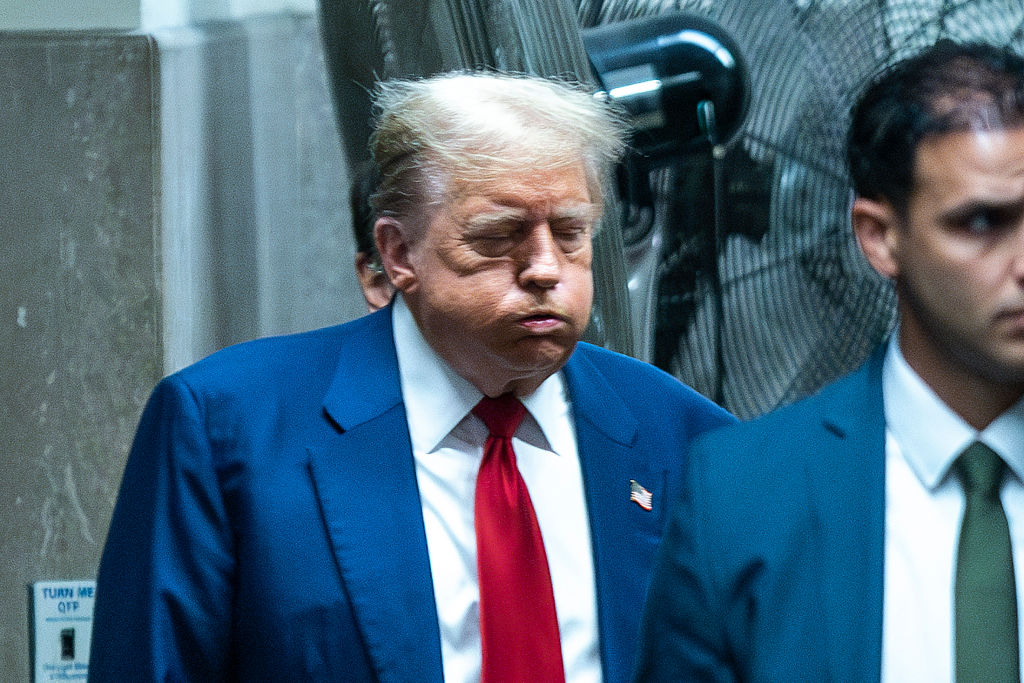WASHINGTON — Last-minute legislation to avert a Jan. 1 increase in income taxes for millions approached its first Senate hurdle on Monday, propelled by an uneasy and unusual alliance linking the White House and top lawmakers in both parties.
Senate leaders predicted the measure would gain the 60 votes needed to clear the way for final passage within a day or two.
“We’re telling the American people to keep money that’s rightfully theirs, so they can spend it and invest it as they please,” said Senate Republican Leader Mitch McConnell, R-Ky., shortly before the vote.
In a jab at Democrats, he added, “This is an important shift, and the White House should be applauded for agreeing to it.”
Sen. Max Baucus, D-Mont., who chairs the Senate Finance Committee, said, “This bipartisan compromise is about creating jobs. Extending middle class tax cuts will help create jobs. … Job creation needs to be our number one priority.”
The bill would provide a two-year reprieve in the tax increases scheduled to take effect on Jan. 1 at all income levels, reduce Social Security taxes for every wage earner in 2011 and extend an expiring program of jobless benefits for the long-term unemployed. The estimated cost, $858 billion over two years, would be added to already-huge federal deficits.
The measure represents a reach across party lines after two years of political combat in which Republicans wanted a permanent extension of all the tax cuts enacted when George W. Bush was president, while Democrats insisted rates be permitted to rise on incomes over $200,000 for individuals and $250,000 for couples.
Despite the bipartisanship in the Senate, disgruntled House Democrats have vowed to block a final vote unless the legislation is changed to scale back billions in relief ticketed to the wealthy.
“I think we’re going to have a vote on the Senate bill, with possible changes,” House Majority Leader Steny Hoyer, D-Md., said. “We may have it with amendments, we’ll see what the process is.”
The compromise emerged a week ago after private talks involving the White House and top leaders in Congress, including Republicans who emerged from midterm elections with significantly increased strength.
In the days since, President Barack Obama has drawn strong criticism from liberals unhappy that he agreed to changes in the estate tax and income tax that will benefit the wealthy. Firing back, he said failure to compromise would produce gridlock at a time the economy is still struggling to recover from recession and unemployment is at a persistently high rate of 9.8 percent.
The administration’s outgoing top economic adviser, Lawrence Summers, said in a speech a few hours before the vote that the agreement should increase consumer spending and help the economy “now and for the next several years.”
On the other end of the political spectrum, some conservatives have spoken out against the bill, saying that the renewal of jobless benefits should be offset by spending cuts elsewhere in the budget.
In fact, even supporters of the bill were at pains to point out parts they found objectionable.
Baucus singled out the decision to leave tax rates unchanged on upper income earners.
Sen. John McCain, R-Ariz., highlighted a series of energy tax breaks added to the bill late last week, including an extension of the federal subsidy for ethanol.
McConnell cited “the Democrats’ insistence that we borrow the money we need to pay for a further extension of unemployment insurance. In my view, if both parties agree that the debt is a serious problem, we shouldn’t be writing checks that we don’t have the money to cover.”
Many House Democrats objected strongly to a change in the estate tax that Republicans won as part of the deal. The first $5 million of a couple’s estate could pass to heirs without taxation, and an additional $5 million could be passed along for the spouse. The balance would be subject to a 35 percent tax rate.
The estate tax was repealed for 2010. But under current law, it is scheduled to return next year with a top rate of 55 percent on the portion above $1 million, $2 million for couples.
























